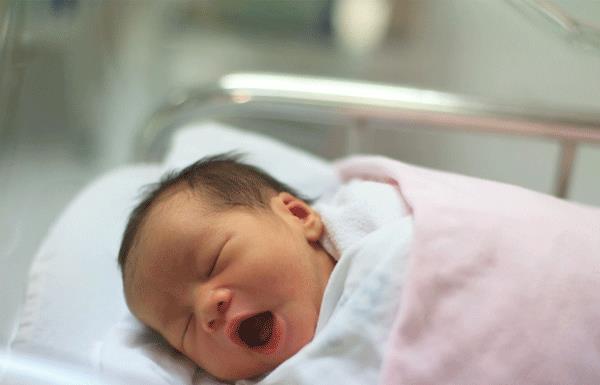It is very difficult to evaluate a newborn's immune system right after birth. But thanks to the new technique of immune cell analysis, there are some positive signals.
Results of the latest research by scientists in Sweden show that the infant's immune system will increase immediately after birth . This is good news for premature babies.
Changes in the immune system of the newborn are difficult to evaluate because doing so must rely on samples taken from the umbilical cord shortly after birth. This is not good.
In the new study, researchers used a novel immune cell analysis technique to track 100 preterm and preterm babies for the first few weeks of life.

"This is the first time we have determined how the human immune system adapts to new birth and environment," said researcher Petter Brodin. He works at the Laboratory of Life Science and the Division of Child and Women's Health at Karolinska Institute, Sweden.
In a Vietnamese press release, Brodin also added: “We have seen drastic changes in the infant's immune system between each sample, suggesting that this organ is very adaptive after the baby is born.
If we could track the development of the immune system and control it in different directions, we could prevent autoimmune diseases and allergies, partly related to the development of the system. immunity, and even better development of vaccines, suitable for the newborn immune system ”.
"What surprised us was the similarity between changes between babies," Brodin said. “It seems all babies follow a similar pattern, with their immune systems responding exactly to the same series of powerful changes. It's almost like a practice. ”
The researchers plan to enroll more infants in their study and track them into childhood, to see if they develop diabetes, allergies, asthma, and inflammatory bowel disease.












